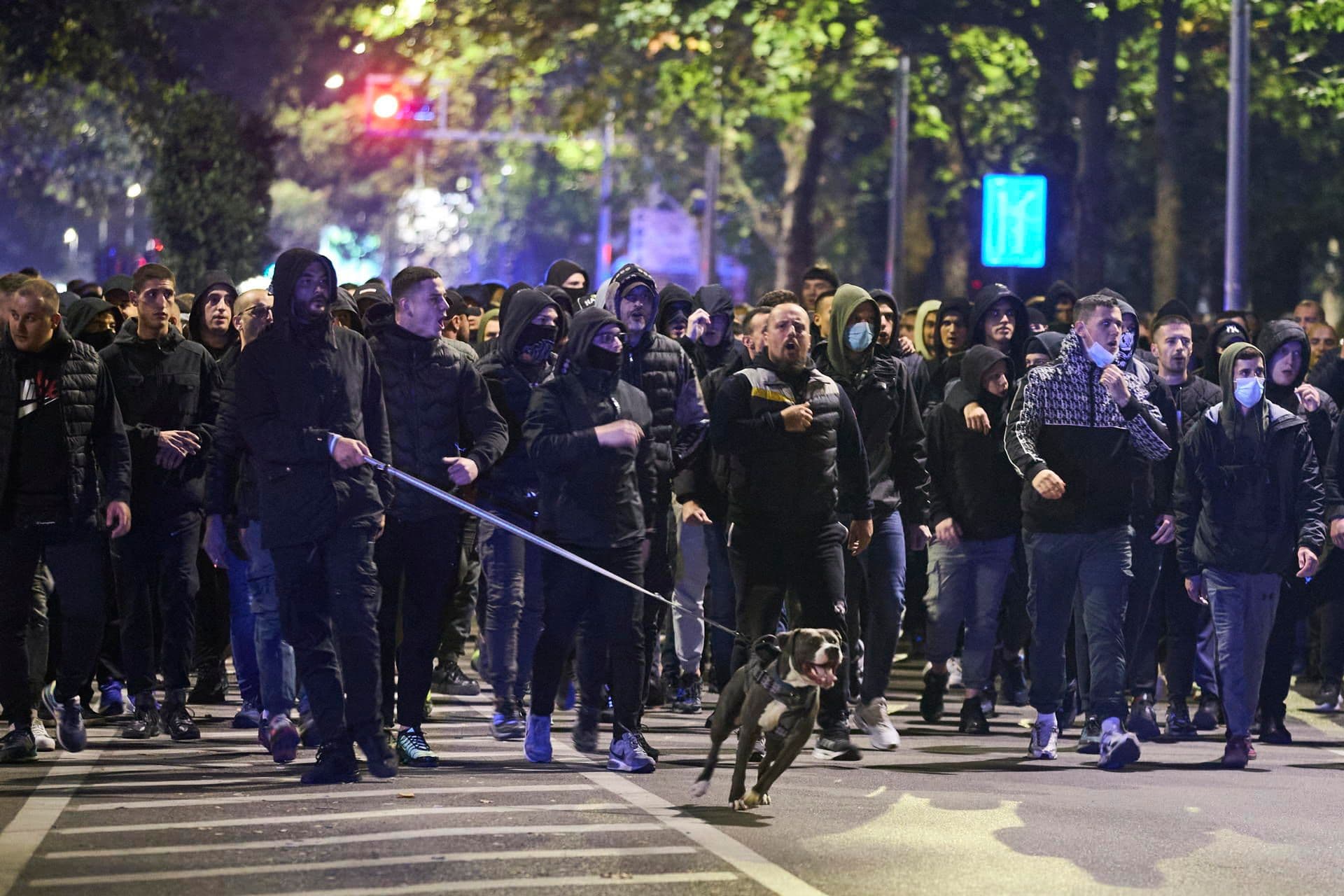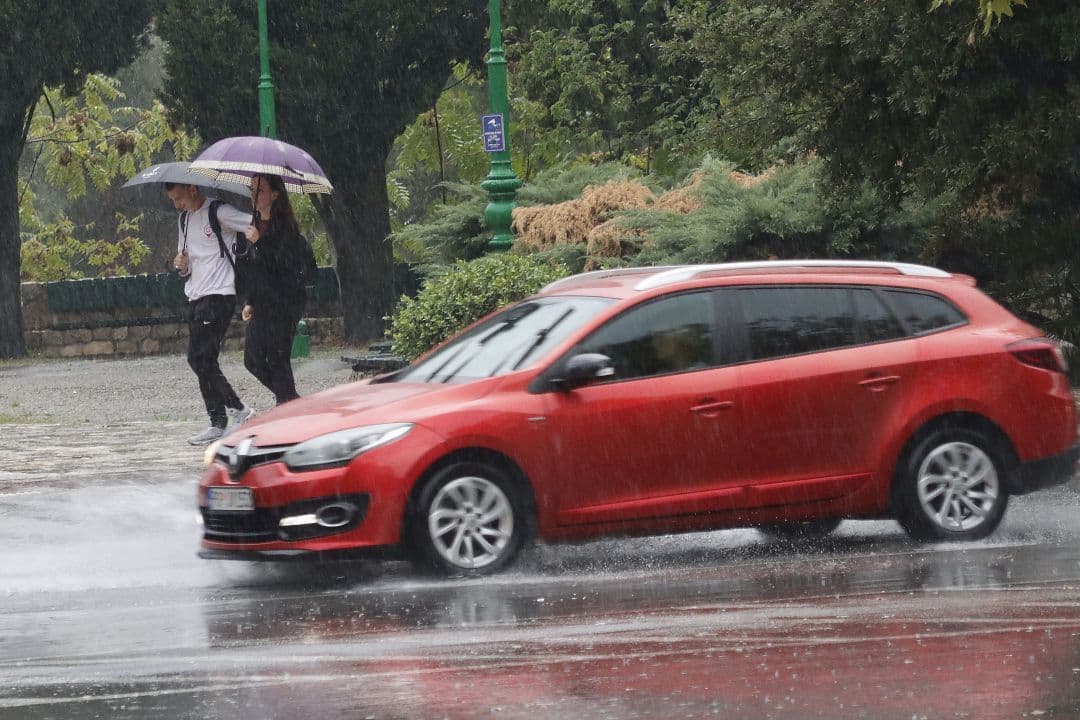Montenegro witnessed significant turmoil last week following the arrest of prominent businessman Ranko Ubović. This incident coincided with a surge in xenophobic violence targeting Turkish guest workers, raising serious concerns about the country’s handling of discrimination and justice. The apparent dual standards in law enforcement have drawn criticism and prompted discussions about the implications for human rights in the region.
The arrests of leading figures such as Vesko Kovacevic, Aco Mijajlović, and Vlado Ivanović have flooded the media, with images of them in handcuffs being broadcast widely. In stark contrast, the Montenegrin police and prosecution have only released initials of the armed individuals who attacked Turkish citizens in the Zabjela district. This selective transparency appears to protect the identities of those who perpetrated violence while publicly shaming the businessmen.
This discrepancy underscores a troubling pattern of discrimination within the legal system. While the public knows little about the attackers, who resemble the notorious Ku Klux Klan in their tactics, the media has been quick to vilify well-known businessmen. The apparent leniency towards the attackers raises questions about the motivations behind law enforcement’s actions.
Despite the alarming nature of the attacks on Turkish citizens—which bear the hallmarks of a targeted campaign against Montenegro’s European aspirations—authorities have opted for anonymity for the aggressors. This practice contrasts sharply with the treatment of arrested businessmen, who are subject to public scrutiny and media exposure. The lack of transparency regarding the identities of the attackers suggests a protective measure for certain individuals, potentially connected to influential political figures.
The timing of Ranko Ubović‘s and Vesko Kovacevic‘s arrests is particularly noteworthy. Occurring just days before the deadline for bids on the €600 million Mateshevo-Andrijevica highway project, their detainment raises suspicions of political maneuvering. Four companies expressed interest in the project, including three from China and one from Turkey, with Bemaks mentioned as a subcontractor. The arrests may have been strategically timed to discredit this reputable firm and eliminate competition.
This situation has drawn attention to the controversial businessman Zvonko Veselinovic, known for his ties to Serbian interests and connections to Kosovo. His involvement in various infrastructure projects in Serbia and land acquisitions near the new highway route complicates the situation further. There are concerns about whether the arrests were an attempt to clear the path for Veselinovic’s interests in Montenegro.
The actions of the Montenegrin authorities, particularly the prosecuting attorney Miloš Šoškić, have been scrutinized as potentially politically motivated. As the public awaits further developments, the presumption of innocence remains paramount, even as the events surrounding the arrests unfold.
The public reaction to the arrests and the ongoing xenophobic violence reflects a wider societal concern in Montenegro. The police and government officials, including Dritan Abazović, have publicly celebrated the arrests, framing them as a victory against corruption. Yet, the ongoing legal proceedings suggest that the charges against the detained businessmen may not hold up under scrutiny, reminiscent of previous cases where accusations crumbled in court.
This complex web of arrests, political maneuvering, and societal response encapsulates the challenges facing Montenegro as it navigates its path towards European integration. The apparent biases in the legal system, combined with a rise in xenophobia, highlight the urgent need for reform and accountability to ensure justice for all citizens, regardless of their background.






